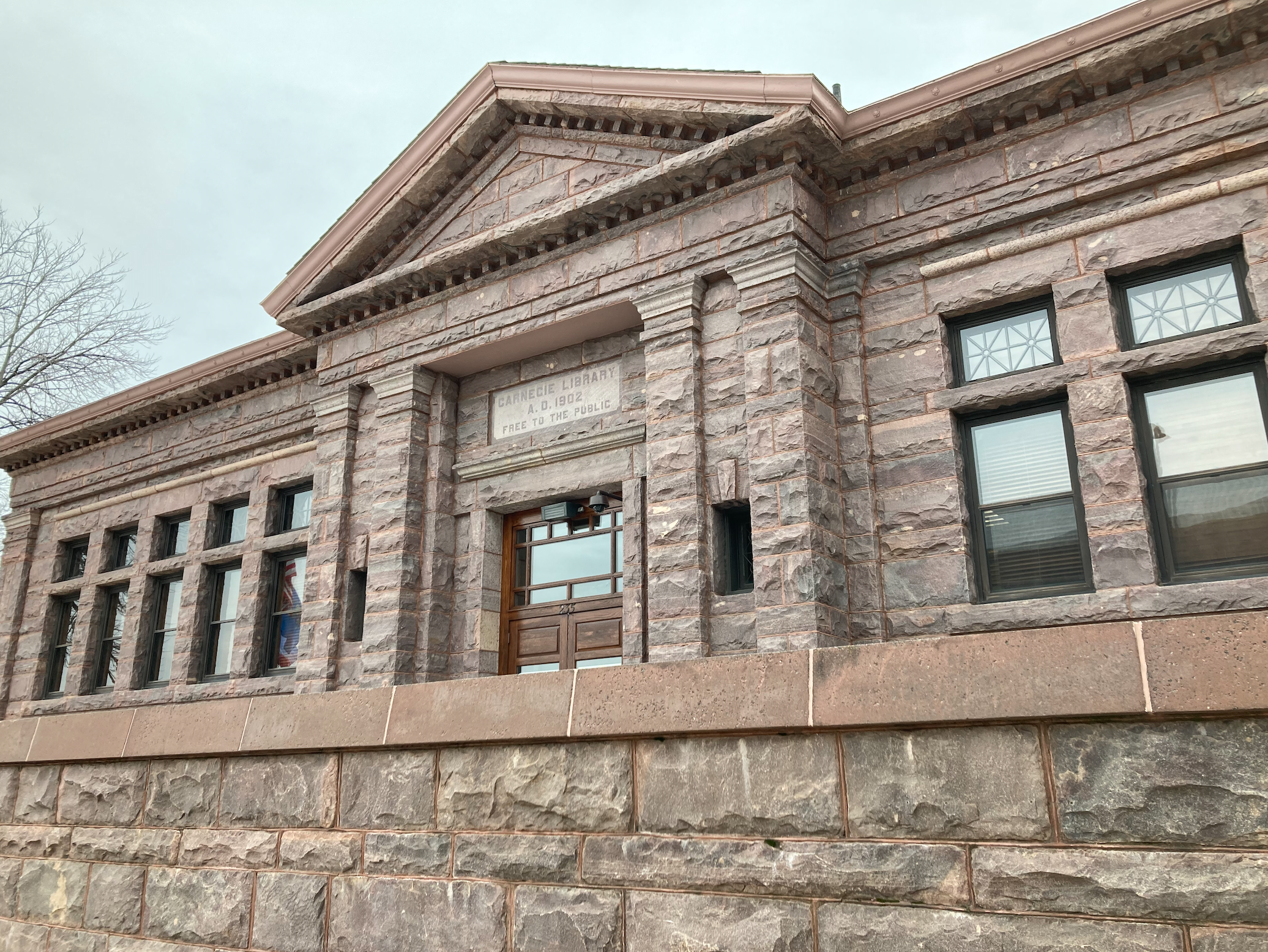Simplified: The Sioux Falls City Council passed a $646 million budget Tuesday night, but not without making some tweaks to the plan initially proposed by Mayor Paul TenHaken.
Why it matters
- A large chunk (about 45 percent) of the proposed budget includes tax money, which means whether or not you're paying attention to city government, you are paying for it.
- TenHaken's initial budget included 30 new full-time city employees, and ultimately the City Council approved all but one: the Arts Coordinator position.
- Other council changes included moving some money around to support pedestrians and cyclists, as well as an ongoing program to maintain the facades of downtown-area buildings. But the Sioux Falls Police Department saw by-far the largest increase in funding from TenHaken's proposal to the final budget.
"Let’s be very transparent and clear – in our culture and our country, specifically law enforcement, in the last couple of years – has been under the gun and under the pressure," Councilor Rich Merkouris said. "We have got to keep our foot on the accelerator of encouraging, equipping them, motivating them to be top-notch."
What changed from TenHaken's budget proposal?
In the grand scheme of the more than $646 million budget – not much.
- The overall focus of the budget remains true to TenHaken's mission of prioritizing infrastructure, safety and, as he says, "keeping Sioux Falls investible" in attracting new people and businesses.
- Councilors also approved TenHaken's five-year, $931 million capital plan.
The council on Tuesday also approved a 3 percent increase in property taxes, a move which Finance Director Shawn Pritchett said is necessary to avoid a "structural deficit" and budget cuts.
"In order to meet the service needs of our residents and businesses, we need to ensure that we have the means to pay for those services," Pritchett said.
But, when it comes to the budget, councilors brought forward a total of nine proposed amendments, six of which passed.
Here's a quick run-down of the changes
- More money for preserving downtown-area buildings. Councilor Curt Soehl successfully pitched moving $100,000 to continue the core facade easement program he helped resurrect last year.
- More money to improve walkability and bikeability. Councilor Greg Neitzert successfully lobbied for some money to improve the city's friendliness to pedestrians and cyclists. Earlier on in the budget process, he'd asked for $500,000, but he ended up with $75,000.
- Less money for hybrid busing systems. Councilor Rich Merkouris brought an amendment to remove a nearly $1.7 million line-item earmarked for a new hybrid transit service model. The money will stay in the transit fund, so if and when the hybrid transit service model is ready to go, City Council can give it its money back.
- No funding for Arts Coordinator position. Merkouris also brought a motion to cut $68,000 for wages to fund a new "Arts Coordinator" position in the city. He and Councilor Alex Jensen later got a separate resolution passed asking the city to negotiate with the Washington Pavilion to fulfill the goals of a previous Arts Task Force. That was met with some resistance from local artists, and it's yet to be determined what'll happen next there.
- More money to recruit police officers. Soehl successfully brought an amendment to bring an additional $100,000 to the police department's operating budget to fund a $5,000 incentive program to recruit new police officers.
- More money for the police department. Jensen brought an amendment to take $550,000 in federal pandemic relief funds (via the American Rescue Plan Act) to "advance public safety in the community." These funds could be used to hire more officers or other public safety personnel, develop new programs, essentially whatever the police chief wants to do.
The budget as a whole passed 7-1 with Councilor Pat Starr as the lone "no" vote.
- All three of the failed amendments to the budget were brought by Starr. Those included plans to give more money to the Siouxland Heritage Museum Endowment, skip the 3 percent property tax increase and spend about $2.4 million to essentially mirror the work done this year in the "Employer of Choice plan" to support city employees.
What happens next?
The budget takes effect January 1, 2023.
Then, it won't be long after that when planning starts for the 2024 budget, and we get to do all of this over again.


